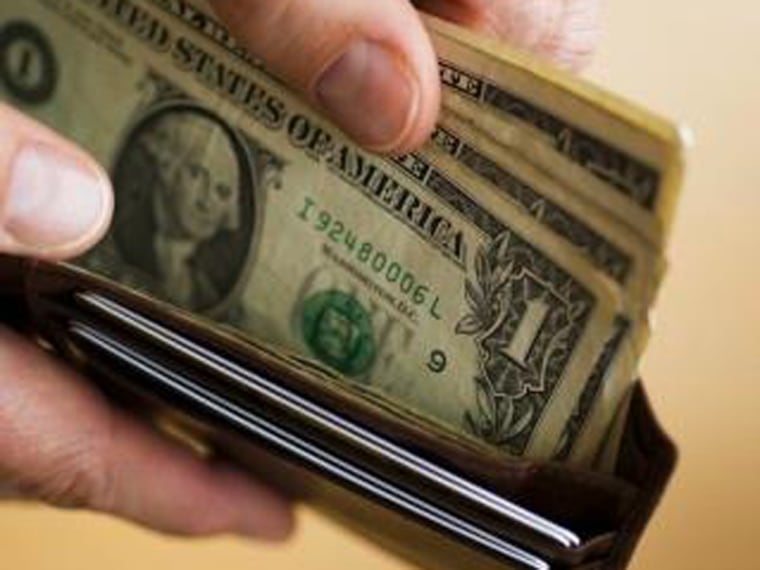Money is money. Crisp new bills may look and feel nice, but they’re not worth a penny more than a similar bill that’s dirty and torn. And yet, when it comes to parting with that money, there is a difference.
According to a new study in the Journal of Consumer Research(“Money Isn’t Everything, but It Helps If It Doesn’t Looked Used”), people will spend more to get rid of worn out bills and hold on to new currency.
“The physical appearance of money can alter spending behavior,” write authors Fabrizio Di Muro (University of Winnipeg) and Theodore Noseworthy (University of Guelph and the University of Cincinnati). “Consumers tend to infer that worn bills are used and contaminated, whereas crisp bills give them a sense of pride in owning bills that can be spent around others.”
How do they know this? They gave students money – either new or worn bills – and asked them to go shopping. The subjects in these experiments tended to spend more when they had the worn bills. They were also more likely to break a larger bill that was old rather than pay the exact amount in new bills of lower denomination.
And get this: when students thought they were being watched, they reversed their behavior. They tended to spend the new bills before the old ones. Is this a matter of pride? Do we have some sort of emotional connect with our money?
“Money may be as much a vehicle for social utility as it is for economic utility,” the authors concluded. “We tend to regard currency as a means of consumption and not as a product itself, but money is actually subject to the same inferences and biases as the products it can buy.”
Related:
